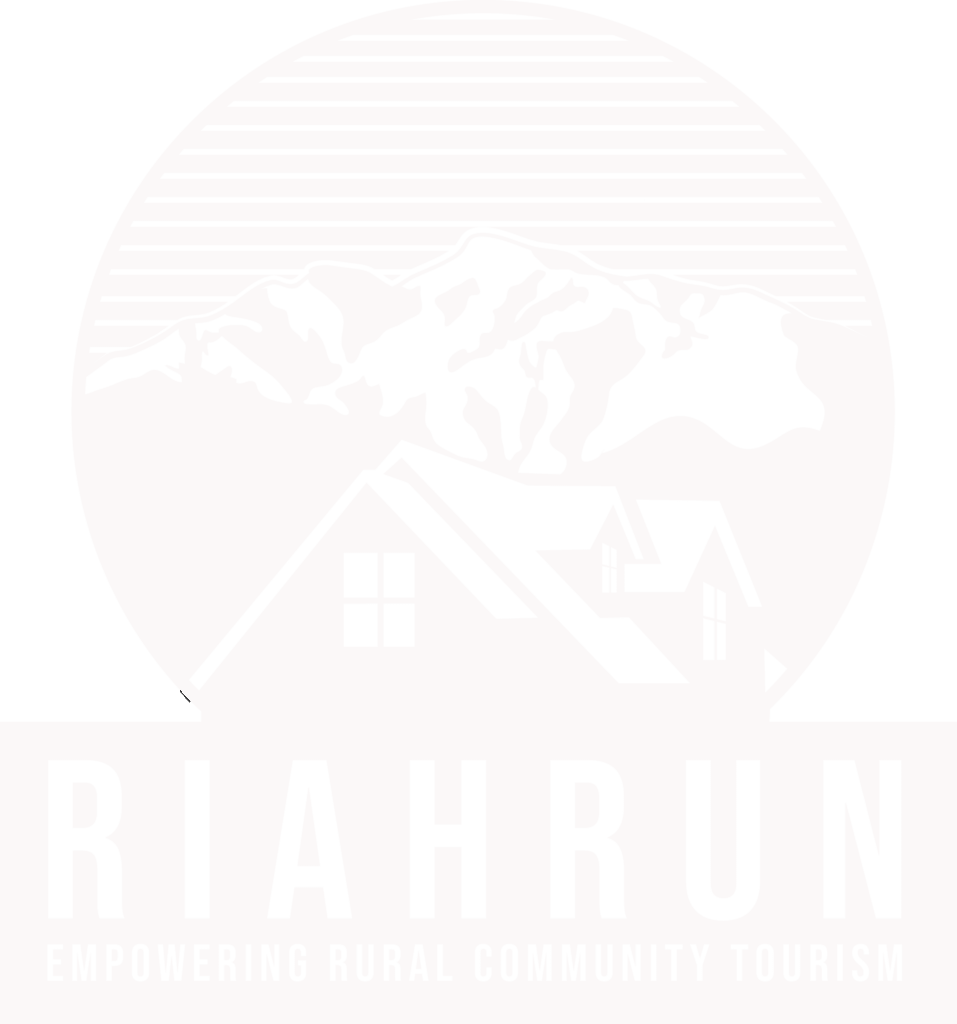Alleys are where history lives. The KT Khuma building in Aizawl, located at the intersection of Bara Bazaar, Vee Thanga Street, and Jail Veng, houses a mystery shop that resembles a museum. The owner, Mr. Rotlunga Rokhum, 74 now, appears to be working with a massive male bison horn. He’s wearing a cowboy hat, shirt, blue denim and leather hunting boots. His beard is long and grey and skin marked with memories.
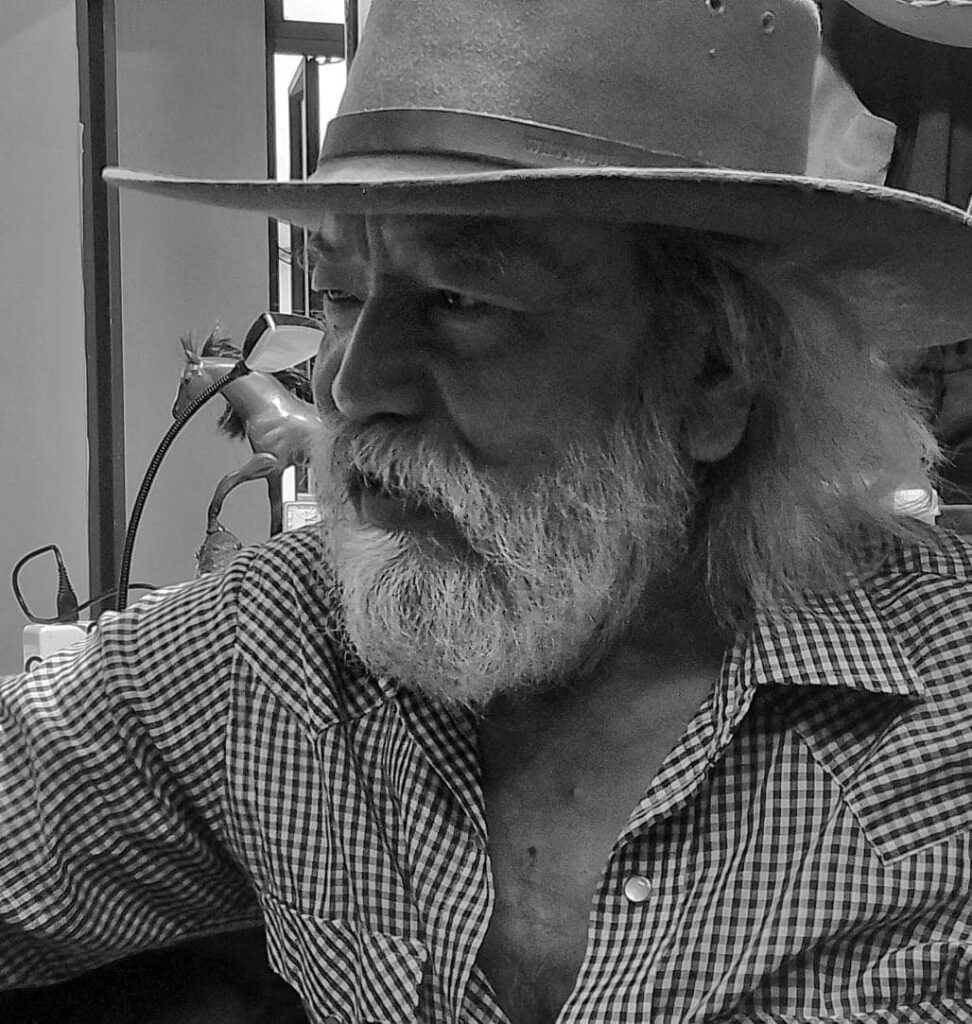

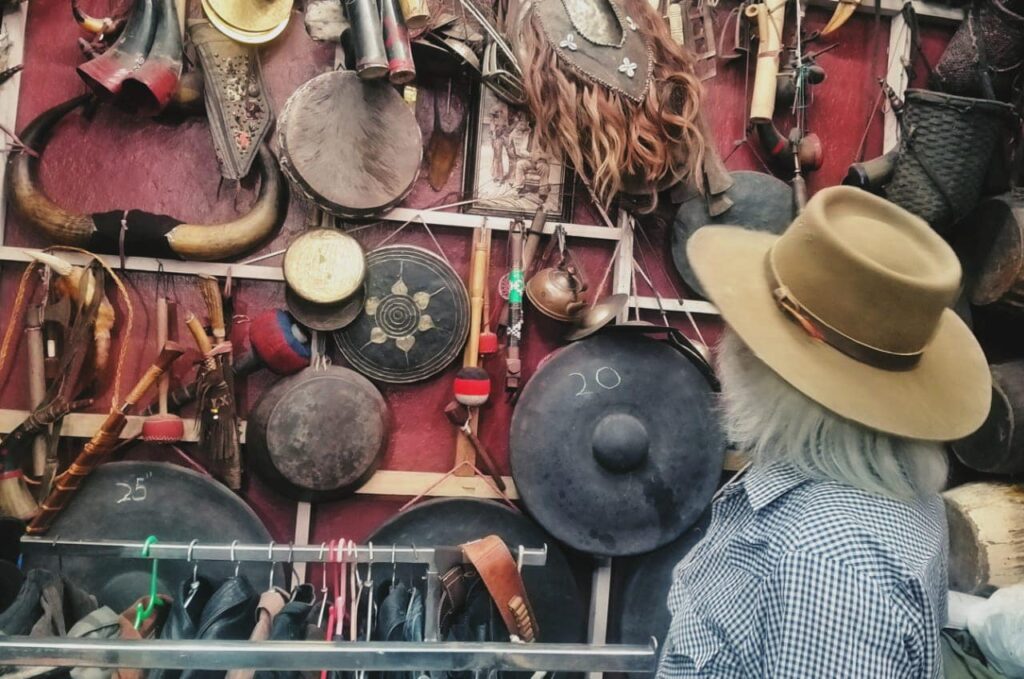
As we approached inside, we were surprised to see that we had caught the Mizoram people’s forgotten tradition and culture. From their ornaments to living commodities, the shop has displayed a variety of artefacts related to the people’s oral traditions and history.
Rotlunga used to watch American and Bollywood films in Krishna talkies, where folks wore cowboy hats and boots, denim and carried rifles. He was influenced by red Indian culture as a teenager, and he and his friends lived their lives in the midst of the early Mizo upheaval, enrolling in the MNF and serving time in jail. After being released from jail, he purchased some land and began living in the rural area as a farmer hunter.
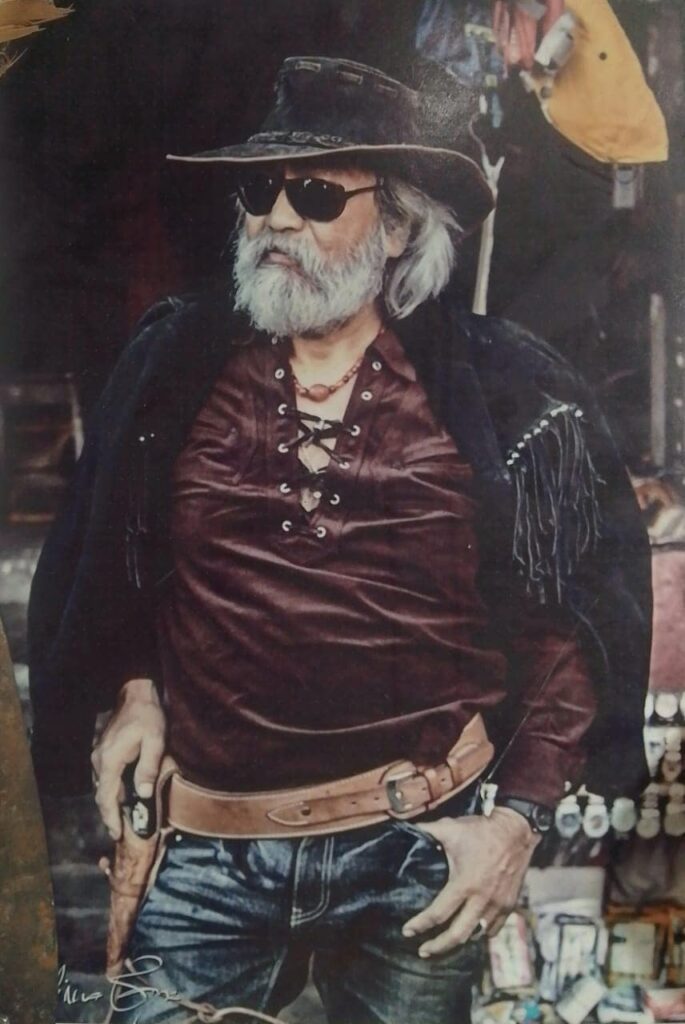
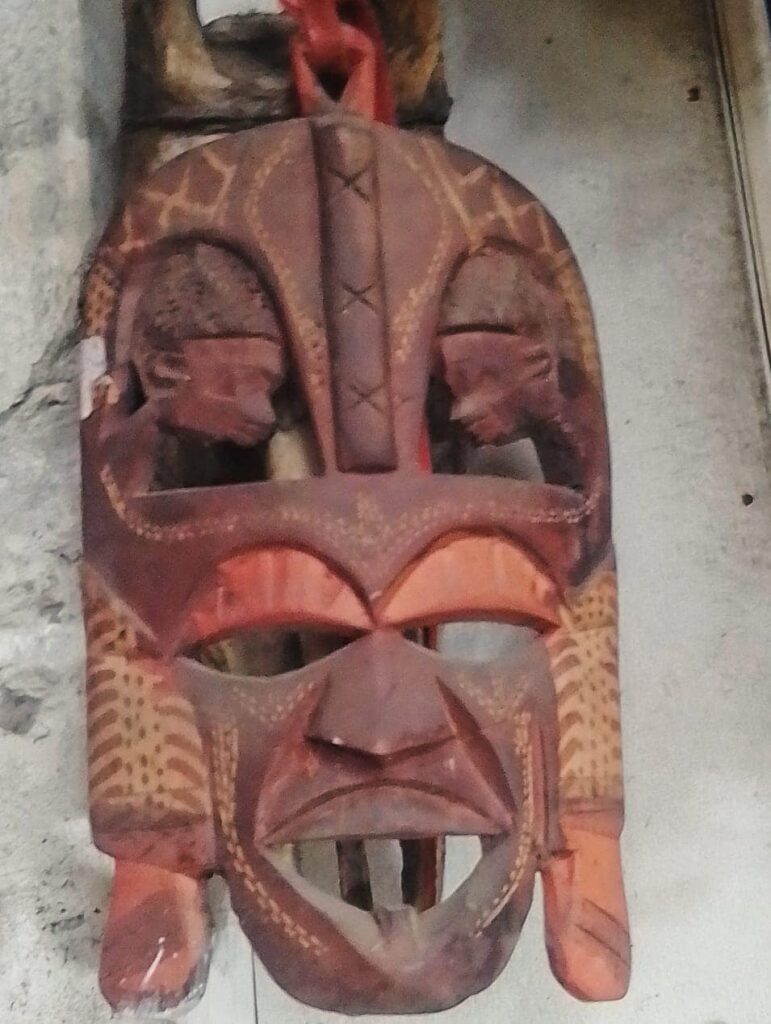
After many years, he has settled at this shop, where the majority of his collections are displayed to educate others about the buried past. Anyone who meets him will notice his relentless efforts to share stories and the common aspirations of the Mizo community to preserve its tangible legacy. He intends to create a village life that will provide community living for visitors to experience the historic Mizo lifestyle and traditions. As he adds, “We need to know our history and share it with others.” Nowadays, most individuals are unaware of it. I’d like to make an attempt to make it possible for individuals who are interested in preserving their memories.”
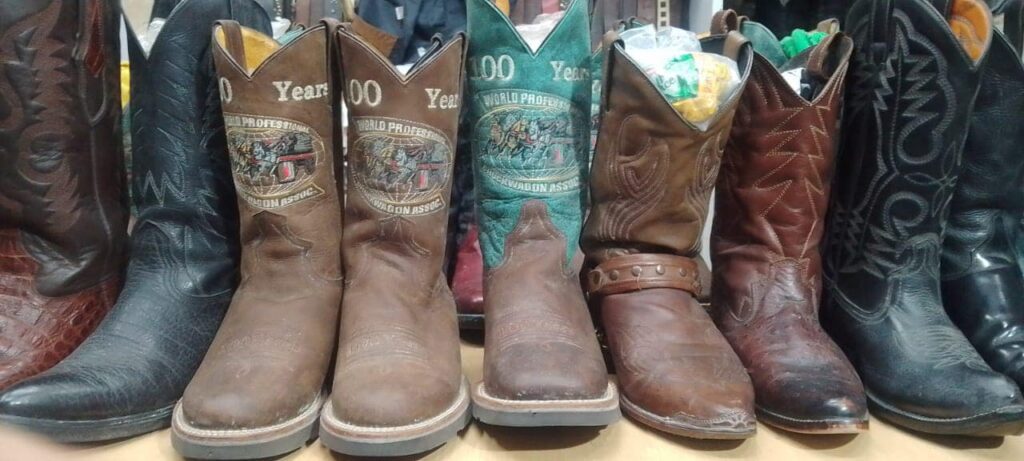
He stopped, had a cup of tea and said” I have these helmets from the first and second world war, Swords of Russia, Germany, England that were used in the war and Gun of the British army which are all drenched in blood, sweat and memories. I have these Mizo artifacts that are lost today. We need to make use of it. Not as a museum but in practice to let people understand what we inherited”.
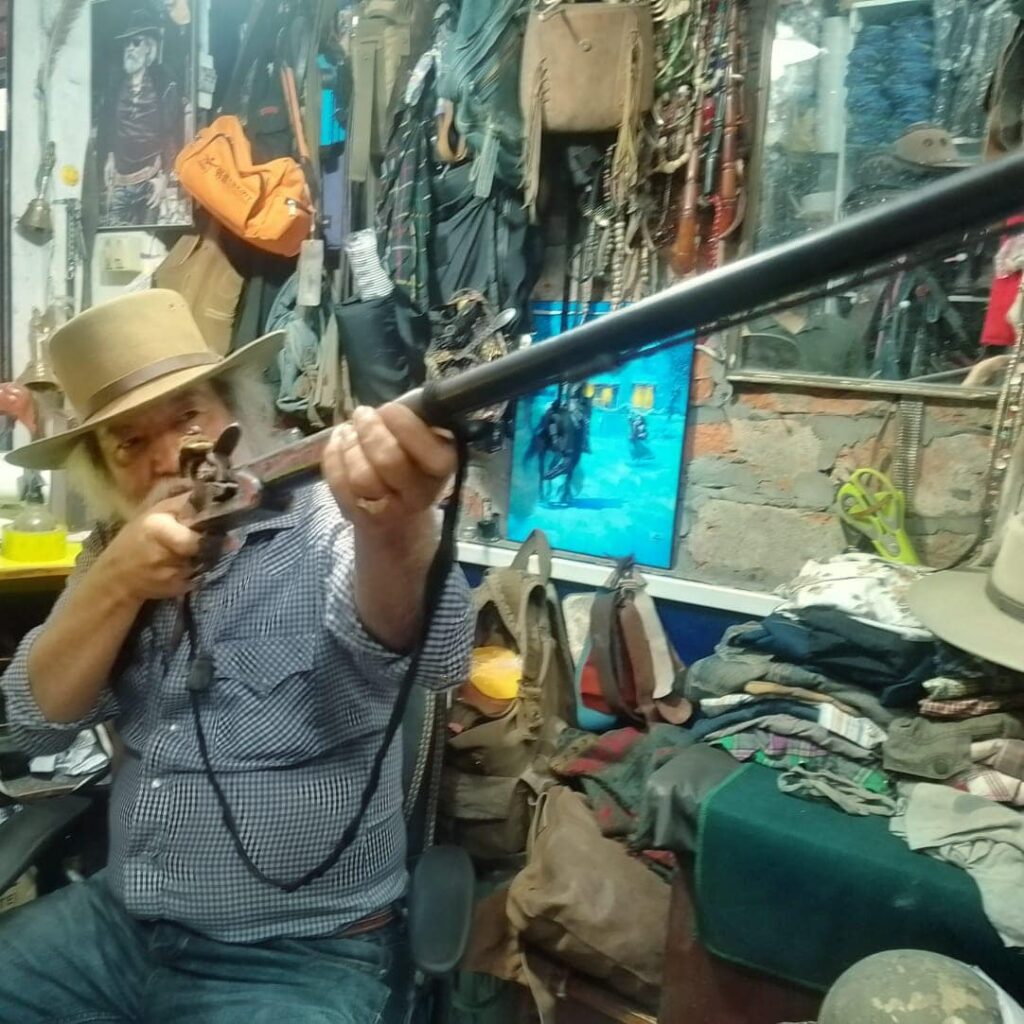
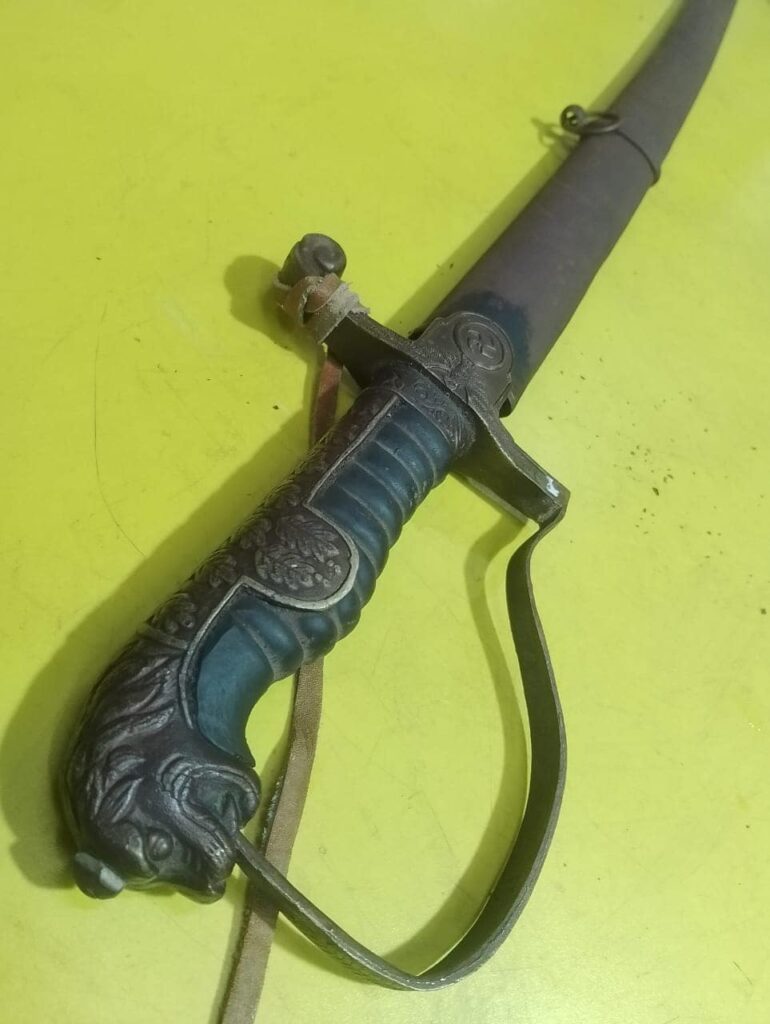
There are fewer people who recognise the importance of tangible heritage. Rotlunga Rokhum practices it by not just preserving but also sharing knowledge. These ancestral knowledge systems must be preserved alongside our modern education system in order to comprehend the implications. In the corner of the market, in this shop, sits India’s last cowboy, who is still fascinated by the fashion and ethos, stating, “I am 74. I am planning to retire. I have lived my life to the fullest, with passion. These hats, boots, the touch of leather sling and the smell of gunpowder are my memories. My family will continue the work to preserve the tradition and oral history. I don’t know how many people will be interested. But at the end of my life if I find one , that will keep the legacy alive. well, it’s a lonely soul now filled with memories”.
